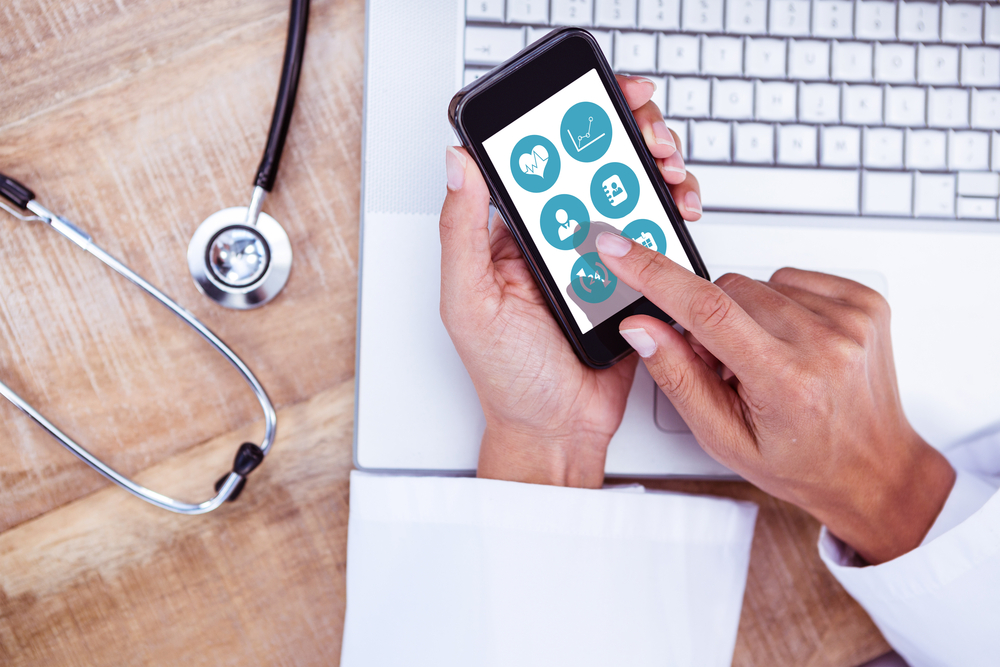
University of Cincinnati (UC) engineers have developed a portable lab that plugs into smartphones and can be used to diagnose health conditions and infectious diseases including HIV, Lyme disease, malaria, depression, anxiety and coronavirus.
The lab is the size of a credit card and connects automatically to a doctor’s office through a custom app. It works by testing saliva. The patient simply puts a single-use plastic lab chip into his or her mouth and then inserts the chip into a slot.
The lab chip uses two channels to draw a sample down. One channel mixes the sample with freeze-dried detection antibodies while the other channel reads the results when the split samples combine on three sensors.
“The performance is comparable to laboratory tests,” UC professor Chong Ahn said. “The cost is cheaper. And it’s user-friendly. We wanted to make it simple so anyone could use it without training or support.”
The research team tested the portable lab for malaria diagnosis but believes it could be used for measuring hormones related to stress or testing for countless chronic or infectious diseases.
“Right now it takes several hours or even days to diagnose in a lab, even when people are showing symptoms. The disease can spread,” Ahn said.
The lab also has potential in the field of mental health, Ahn said.
Results were published in the Nature journal, Microsystems & Nanoengineering.




